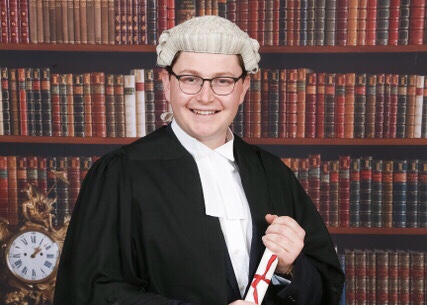Mark Baldock initially studied Classics at the University of Cambridge before converting to law and reading for the Bar. During his legal studies, he was a visiting lecturer at City, University of London and a researcher for a leading set of Barristers’ Chambers in London. Below he examines all relevent issues regarding the enforcement of arbitral awards in England.
Mark was called to the Bar by the Honourable Society of Gray’s Inn earlier this year. After finishing the LL.M. in International Dispute Resolution at the Humboldt University of Berlin, he will return to London to undertake a pupillage at a leading set of commercial Chambers.
The views expressed here are those of the author. Nothing in this document should be read or interpreted as constituting any form of legal advice.
INTRODUCTION
Among respondents to the 2018 Arbitration Survey, conducted by White and Case and the School of International Arbitration, Queen Mary, University of London, London was shown to be the most preferred seat of arbitration (White and Case and the School of International Arbitration, Queen Mary, University of London, 2018 International Arbitration Survey: The Evolution of International Arbitration (9 May 2018), p. 9, chart 6).
Furthermore, the London Court of International Arbitration (LCIA), England’s main institution, was shown by the same survey to be the second most preferred (Id., p. 13, chart 12). The LCIA’s 2018 Annual Casework Report recorded that, in that year, the LCIA recorded a record number of cases – 317 referrals in total (London Court of International Arbitration, 2018 Annual Casework Report (2018), p. 2, available at www.lcia.org/media/download.aspx?MediaId=772 [last accessed 31 May 2019]). It is safe to conclude that England is a thriving arbitration hub. The impact of the UK’s impending exit from the European Union on international commercial arbitration in London, however, remains to be seen (see e.g. N. Schmidt-Ahrendts and A. De-Jong, ‘The “Right” Place of Arbitration: How Germany Might Profit from Brexit’, (2018) SchiedsVZ 16(5) 281).

